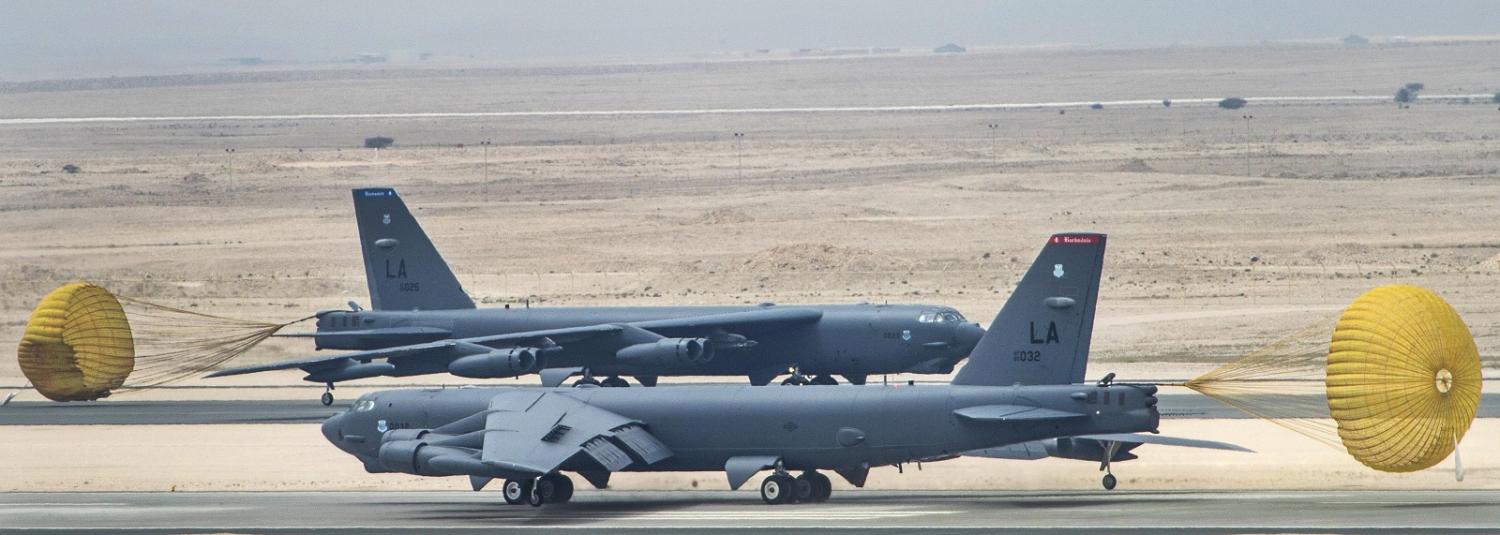In the latest dispute between Qatar and the Saudis and Emiratis over Qatar’s support for Islamist and jihadist groups, its sponsorship of al-Jazeera and other outlets critical of Saudi Arabia and Egypt, and its cordial relations with Iran (despite conflicting interests in Syria), Riyadh holds most of the cards.
The economic pressures that have been imposed on Qatar are substantial. The mud being flung in its direction by US-based conservative outfits such as the Foundation for the Defense of Democracies (FDD) regarding its links to jihadist groups has more political sticking power in the context of a Trump Administration. Qatar's retention of the hard-won right to host the World Cup in 2022 may be in doubt.
So where do the Qataris go from here? They need to keep their image in Washington as clean as possible. And they need to keep on side those members of the Gulf Cooperation Council (Kuwait and Oman) who have not yet bowed to pressure from Riyadh.
That means avoiding the temptation to turn to the Iranians for support. Direct Iranian intervention would probably make it impossible for Kuwait, at least, to stand aside. It would also boost the Saudis’ depiction in Washington of the Qataris as terrorist-sympathising fellow travellers with Tehran.
Qatar needs to make it plain to the United States that the Saudis and Emiratis are pursuing a course of action that damages US interests.
Qatar could course promise (in return for a lifting of the sanctions) to cut back on the backing of jihadists. That is hardly a major concession since those groups the Qataris backed in Syria are gradually losing their grip anyway.
Qatar could also tone down media criticism of the Arab brethren. Perhaps a few problematic individual Islamists could be sent to Turkey, or returned to Saudi Arabia and Egypt.
But to get the American attention focused on the immediate challenge of easing the pressure from Riyadh, the Qataris need to do a lot more than promise a cleaner slate.
The key is to demonstrate to Washington that US capacity to operate from al-Udeid Airbase will be reviewed if Riyadh does not respond positively to peace-making moves by Doha.
And to get the message home about what could happen if, as the Emiratis and FDD may have been suggesting, the Americans choose to vacate al-Udeid, a well-publicised visit to Moscow may be just what is required to get Washington focused on the costs and benefits of backing the Saudis and the Emiratis.
Suggesting that the Russians may emerge as the ultimate winners from this recurring inter-Arab contest - even to the point of being invited to establish a presence in Qatar courtesy of the Saudi stance - should give Washington pause for thought.
Strategically, such an outcome would be a further, important gain for the Russia in the region. Politically, it would add to the current burdens of the Trump Administration.
However gratifying the pursuit of Qatar by the Saudis and Emiratis may seem to some commentators, the potential for it to go horribly wrong for the US - and to gift a remarkable opportunity to Russians - should not be under-estimated.
